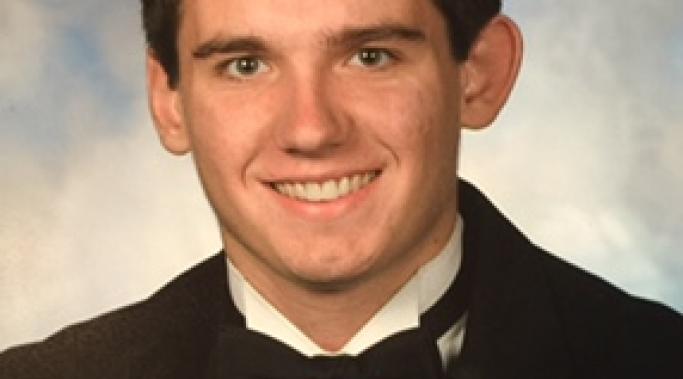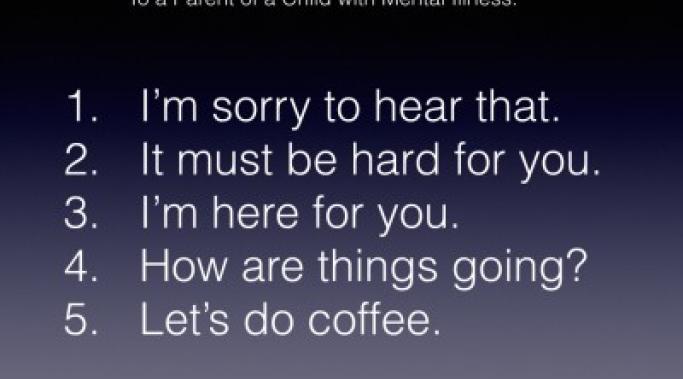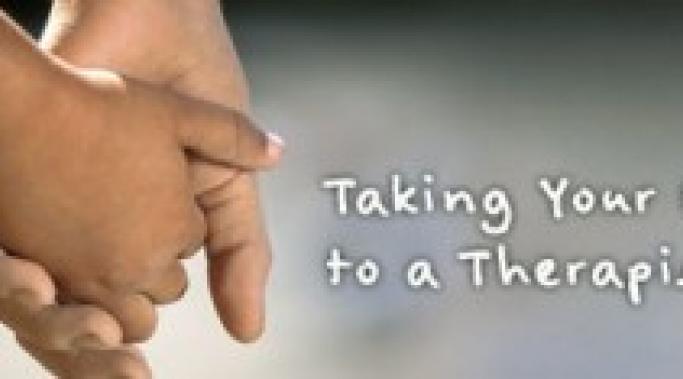A year ago I made a one-year commitment to writing Life with Bob about parenting a child with mental illness. My year is up and I am ready to say goodbye to Life with Bob. Its time to redirect my attention to my son whose name is Jack, not Bob.
Bipolar Child
Today, I write a letter to my son with a mental illness on this Mother's Day:
Seventeen years ago today, on Mother's Day, your dad and I climbed on an airplane and flew half-way around the world to adopt you. Back home, your nursery had a crib, toys and baby clothes. On the plane, we had a diaper bag, stroller and baby food. In our hearts we had dreams, hopes and excitement for the baby who would make us a family.
Traveling with a child with mental illness presents unique challenges. My son, Bob, lives with bipolar disorder and social anxiety. Traveling used to be so difficult we avoided it altogether. Now, after years of learning the hard way, I can offer some tips for traveling with a child with mental illness.
Have you ever wondered what to say to a parent of a child with mental illness? As a parent of a 17-year-old with bipolar disorder and social anxiety, I have. In this blog I will offer ideas of what to say to a parent of a child with mental illness.
Have you ever wondered what not to say to a parent of a child with mental illness? Every day I hear insensitive remarks about my child's mental illness. I don't believe the people making these comments know how hurtful they are to me. It recently occurred to me that most people probably don't know what to say or what not to say to a parent of a child with mental illness. Perhaps that is why they say exactly the wrong thing. So I've put together some guidelines of what not to say to a parent of a child with mental illness.
There is a difference between a mood disorder in a teenager and teenage moodiness. My teenage son, Bob, lives with bipolar disorder, the monster of all mood disorders in teens. We recently discussed the difference between mood disorders and moodiness because Bob is recovering from an episode of bipolar depression.
Yesterday, my teenage son, Bob, told me he was depressed. This is not earth-shattering as Bob lives with bipolar disorder. What is remarkable is how he was able to identify his teen bipolar depression and share how he was feeling with me. Now I can get him the medical help he needs.
Two weeks ago my son Bob told me he got a Saturday detention for skipping gym class. He said they were swimming and he didn't want to swim. Later, I went online and discovered Bob was failing physical education (PE). This was maddening to me since Bob was an athlete and strong swimmer. I knew instinctively this had nothing to do with swimming and everything to do with my son's mental illness. The screaming question in my head was, "What do I do now?"
My son Bob is doing really well right now. I wish I could say he has been cured of his mental illness, but that is not the case. In fact, he is symptomatic everyday. My son is doing well because he is treatment compliant and his mental illness treatment is working. So what is treatment for a child with mental illness?
My son Bob began talk therapy at age eight after he knocked over a heavy wrought-iron barstool that ripped the back of my upholstered couch as it fell. Next he went upstairs and slammed the door to his room, putting a hole in the wall. Bob's behavior got worse despite my best parenting efforts. He was a sweet kid, but his moods changed rapidly, resulting in damage and destruction. I didn't know what to do, so I asked one of my mom friends for a referral.







